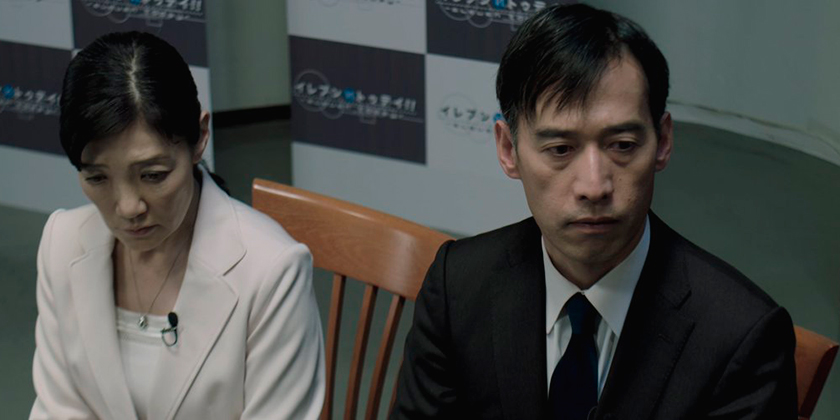North Korea is on the minds of a lot of people these days with its leader and the U.S. President goading one another like impetuous children attempting to prove their manhood on a playground, except they are not playing with sand. North Korea’s ballistic missile program is certainly the latest threat from Pyongyang, but for Japan and South Korea–two countries literally currently caught in the middle–a much more human dilemma continues unresolved: the kidnapping of its citizens a few decades ago. The governments of the two countries had been engaged in negotiations to compel North Korea to either return its citizens or at least provide their current status and whereabouts. With the focus shifting to a military/defense affair, the plight of the kidnapped victims and their families have all been but brushed aside. In fact, the kidnapping issue has all but disappeared from public consciousness despite being seen as a top foreign affairs issue not so long ago. It is this human element to which the mid-length movie, Stolen, attempts to draw attention once again. Its tagline is fairly representative of its intents: “The victim is my brother.”
When a family loses their 14 year old son in a kidnapping affected by an anti-Japan government agent, they must fight Japan’s societal tendency to victim-shame all the while they mourn their loss. Social media vultures and systematic prejudice hounds down on a family who each members must fight for their independence as civilians.
Director Tsubota Taka, a mixed-descent Japanese raised in Japan but educated in the U.S. (he’s currently attending the USC School of Cinematic Arts), made the movie as a response to personally growing concerns of the Japanese media and film industry’s self-censorship when it comes to politically or historically charged issues. There are certainly movies being made which talk around issues, but are never really the focus, at least in the way Tsubota intends with his movie. Stolen uses the framework of the kidnapping of a Japanese citizen by a foreign agent as the platform upon to depict various fallouts from the crime itself thrown in relief against idiosyncrasies distinct to Japanese culture, particularly the tendency for its society to “victim-shame.” The movie was shot locally in Japan and entirely funded independently by Tsubota and his producer Taga Yuka, a Japanese-American studying film at New York University. The 58 minute runtime may prove challenging for traditional film festivals, but the two young film students are convinced of its important message and are aggressively pursuing all screening opportunities and distribution including VOD services and online broadcast. They have turned to crowdfunding to help in this regard, splitting the total they need between a campaign on Indiegogo and Motion Gallery (the top crowdfunding site in Japan). The Indiegogo campaign successfully concluded with 102% funding from 92 backers, but the Motion Gallery campaign, though labelled as “funded” missed its goal by almost half from only 27 backers. Perhaps this is indicative of Tsubota’s observations and the uphill climb Stolen may have in the country of which it is primarily concerned.
(Still courtesy of @Hosomenz Twitter)

